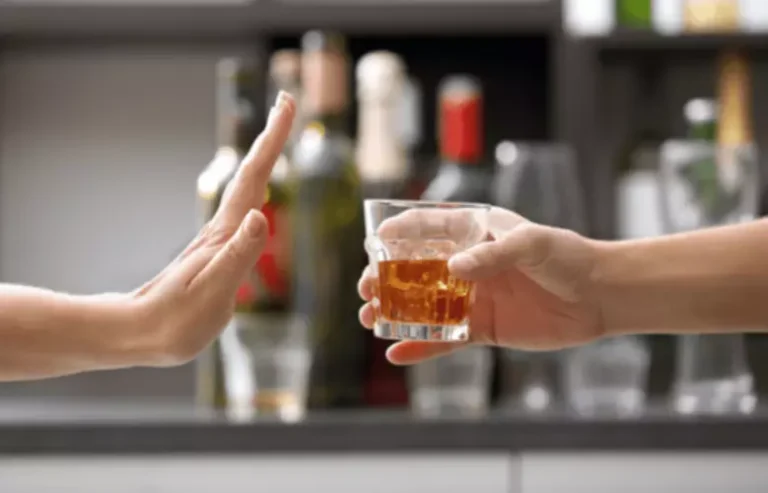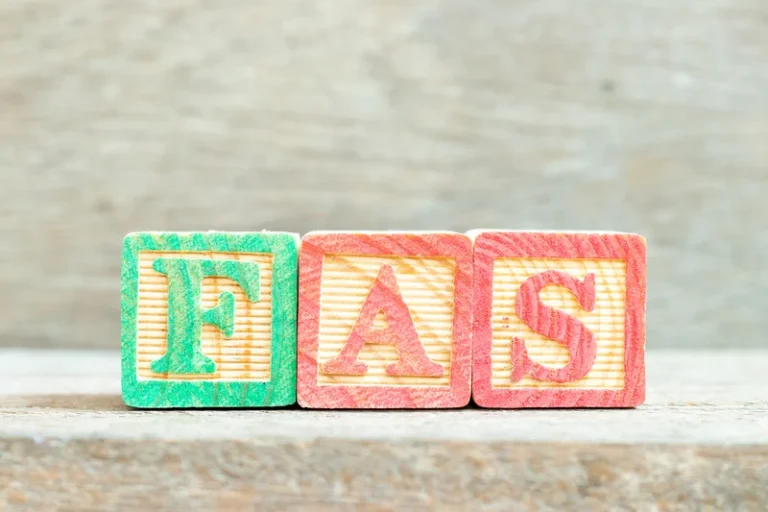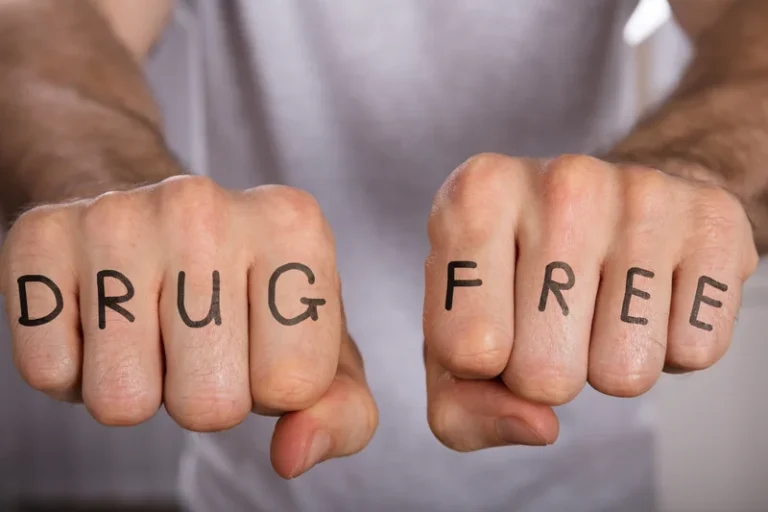
Seeking professional help early can prevent a return to drinking. Behavioral therapies can help people develop skills to avoid and overcome triggers, such as stress, that might lead to drinking. Medications also can help deter drinking during times when individuals may be at greater risk of a return to drinking (e.g., divorce, death of a family member). Acamprosate is prescribed to people after they’ve quit drinking alcohol to help them maintain abstinence. The drug helps ease alcohol withdrawal symptoms like insomnia, anxiety, and depression. Fortunately, urges to drink are short-lived, predictable, and controllable.
Alcohol rehab
There are many support options available that can help guide you through alcohol withdrawal, as well as abstaining from alcohol after withdrawal. People who drink daily or almost every day should not be left alone for the first few days after stopping alcohol. Withdrawal symptoms can quickly go from a bad hangover to a serious medical situation. Moderate or binge drinkers can likely quit alcohol on their own.
Avoid Triggers
With alcohol out of the equation, though, these chemicals cause withdrawal symptoms. Over time, however, the body builds a tolerance to alcohol, and a person may have to drink more and more to get the how to stop alcohol cravings same feeling. Meanwhile, the brain is producing more and more neurotransmitters, making a person further imbalanced. By avoiding alcohol, you’re taking a big step toward improving physical health.
Talk About the Drug and Alcohol Cravings
An intervention from loved ones can help some people recognize and accept that they need professional help. If you’re concerned about someone who drinks too much, ask a professional experienced in alcohol treatment for advice on how to approach that person. This disorder also involves having to drink more to get the same effect or having withdrawal symptoms when you rapidly decrease or stop drinking. Alcohol use disorder includes a level of drinking that’s sometimes called alcoholism. These changes can lead to tolerance, or a need to drink more in order to feel the same effects.

Treatment can be outpatient and/or inpatient and be provided by specialty programs, therapists, and health care providers. A health care provider might https://ecosoberhouse.com/ ask the following questions to assess a person’s symptoms. Naltrexone is a medication that belongs to a group of drugs known as opioid antagonists.

Examine alcohol health effects
It could take some time and effort to find a strategy that helps you navigate them effectively, but you do have plenty of options for support. When not drinking, you might begin to notice feelings of anxiety or other emotional distress, along with strong cravings for alcohol. Experiencing alcohol cravings may not automatically mean you have an AUD. All the same, it could be worth talking to a mental health professional — more on that below.
Impact on your health
- As mentioned above, cravings result from either a withdrawal or the presence of a trigger.
- This process temporarily restores homeostasis, or chemical balance, in an effort to counteract the impact of long-term alcohol use on the brain.
- Your cravings might be so strong that you find it hard to concentrate or think about anything else until the craving has passed.
- Then check back in with yourself in minutes and see if the urge’s intensity has changed.
- Some people may drink alcohol to the point that it causes problems, but they’re not physically dependent on alcohol.
- Other people might only need to take the medication at times when they know they’ll feel triggered to drink.
Acamprosate is believed to work by restoring balance to certain neurotransmitters in the brain that are disrupted by long-term alcohol overuse. At the end of the day, just remember you don’t have to run the course alone — connecting with a therapist or joining a recovery program can make all the difference. Even 10 minutes catching up on recent news and sharing stories from your daily life can offer enough of a distraction that the craving passes, almost before you know it. Other helpful distractions might include meditation, calling a sober buddy, or taking a shower, Hank suggests.
- When someone drinks alcohol for a prolonged period of time and then stops, the body reacts to its absence.
- You can prevent alcohol use disorder by limiting your alcohol intake.
- This allows you to realize that urges increase and decrease in intensity over time.
What happens to your body when you stop drinking?
Spicy foods can be a helpful distraction from alcohol cravings. They trigger an endorphin release similar to the one that alcohol stimulates, making them an effective substitute. Nuts and seeds are packed with healthy fats, proteins, and fibers, making them a perfect snack to curb alcohol cravings. Plus, they are loaded with essential nutrients like magnesium, which may alleviate alcohol cravings. Whole grains, such as brown rice, oats, and whole wheat bread, are rich in complex carbohydrates. These carbohydrates are broken down slowly in the body, providing sustained energy and reducing the chance of experiencing alcohol cravings.

Those with a wider circle of support have a better chance of staying sober. Remember you are facing a difficult challenge during alcohol withdrawal, but you are not alone. There are many resources available to help, including peer support groups, counseling, therapy, and inpatient rehabilitation. For people who experience hallucinations as part of alcohol withdrawal, these may begin in the 12- to 24-hour time frame. When that person cuts out alcohol, there is a period when their brain hasn’t yet received the message and still overproduces the stimulating chemicals.
- AUD is a condition that occurs when a person has a physical need or desire to consume alcohol that is difficult to control.
- At the end of the day, just remember you don’t have to run the course alone — connecting with a therapist or joining a recovery program can make all the difference.
- When a craving for alcohol strikes, a good first step involves acknowledging the craving, according to Mehta.
The type of craving will determine how we should respond to it. We would be best served by consulting a medical or treatment professional and asking for help so we don’t have to rely on self-control alone. It’s been used in traditional Chinese medicine for centuries. Some small clinical studies have shown it can reduce alcohol cravings and alcohol withdrawal symptoms.